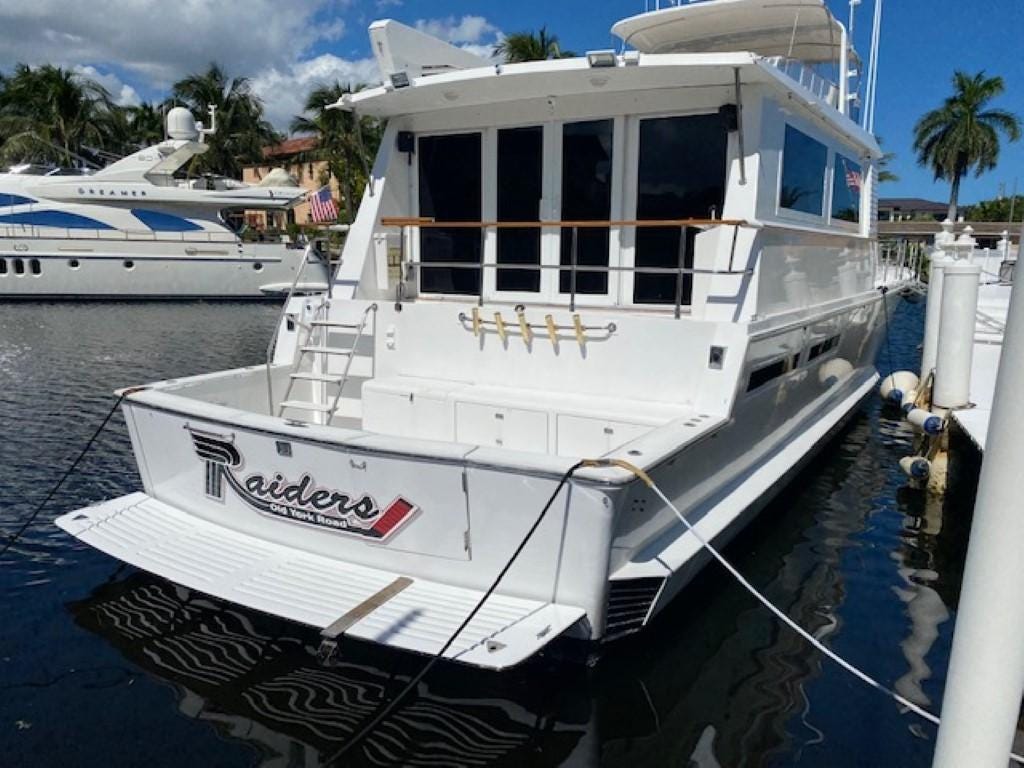Supreme Court Takes Up Boat Insurance Case
Claim With No Fire Damage (No Fire at All) Denied Because of Out-of-Date Extinguishers

Phil Pulley’s 70-foot motoryacht was underway on the Intracoas…
Keep reading with a 7-day free trial
Subscribe to LOOSE CANNON to keep reading this post and get 7 days of free access to the full post archives.


